The Perfect Words Behind Timeless Melodies — The Alan Bergman Story
For decades, Alan Bergman’s lyrics have felt uncannily precise—each phrase seemingly crafted to echo the deepest corners of our hearts. Behind the glitz of Hollywood and the shimmer of countless awards, Bergman’s quiet genius shaped the soundtrack of generations.
Yet few knew the extraordinary journey and profound partnership that fueled his work. Now, following his peaceful passing at 99, the full narrative of his life—and the magic behind his songs—is finally emerging.
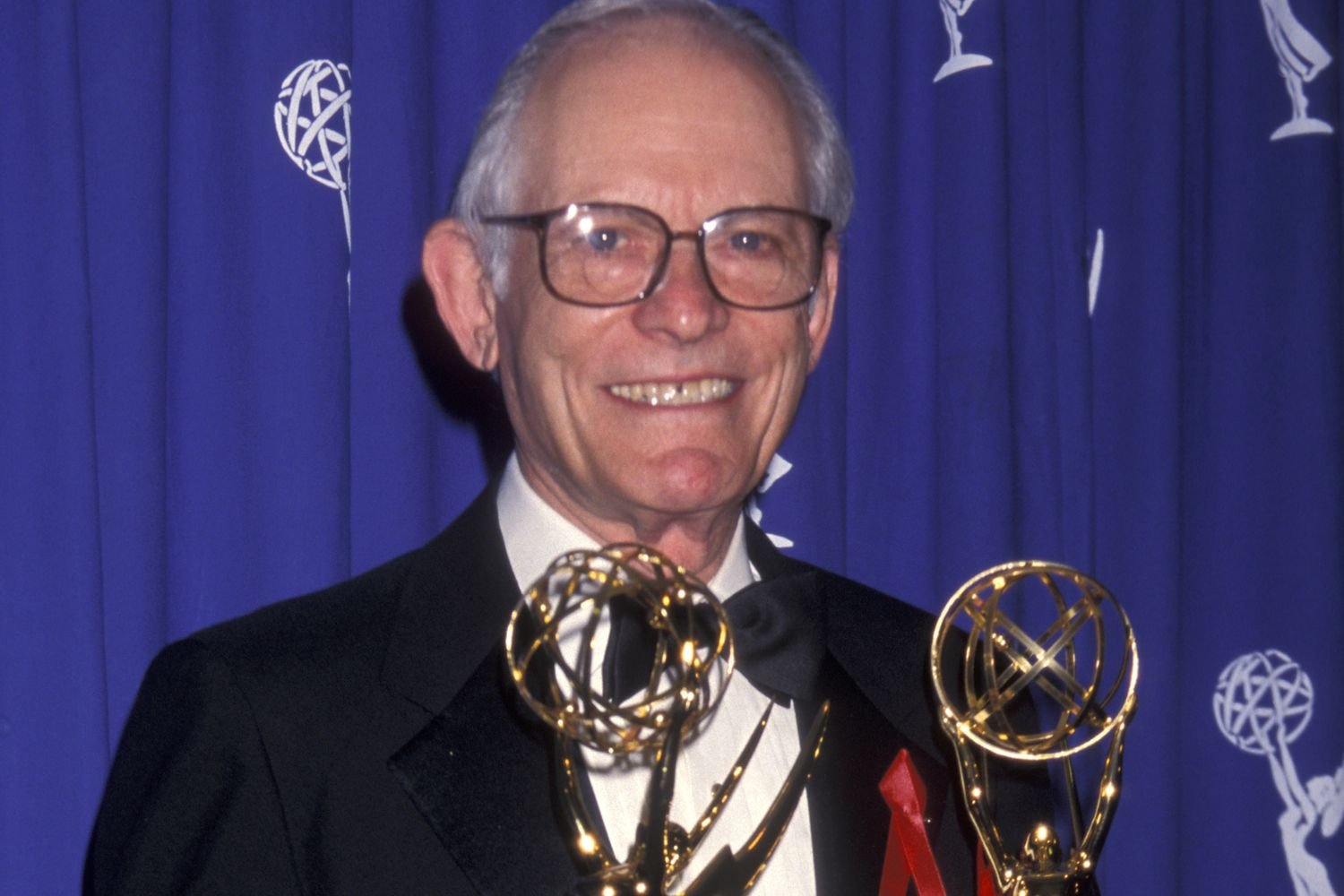
Alan Bergman, the legendary lyricist whose pen created some of film and television’s most unforgettable songs, died on July 17 at his Los Angeles home. He was surrounded by family, including his daughter Julie, as he quietly passed after a lifetime devoted to music and storytelling.
Together with his wife and lifelong collaborator, Marilyn Bergman, Alan crafted melodies and words that have become woven into America’s cultural fabric. Their masterpieces, such as “The Way We Were,” “Papa, Can You Hear Me?”, and the iconic Good Times theme, earned them three Oscars, multiple Grammys, and Emmys—honors that only hint at the depth of their impact.
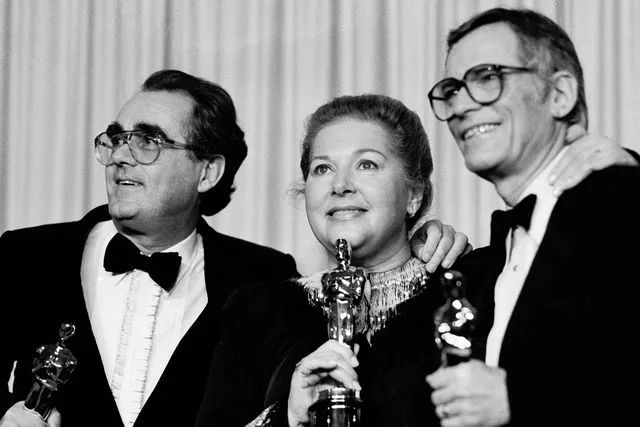
Born in Brooklyn in 1925, Alan and Marilyn shared a remarkable coincidence: both were born in the same hospital and city, yet their paths didn’t cross until years later in California. From a young age, Alan knew music was his destiny.
He recalled, “Growing up Jewish in Brooklyn meant piano lessons were a given. I’d listen to the radio and dream, ‘That’s what I want to do.’”
After completing his studies at UNC and UCLA, Alan initially found himself working behind the scenes in television before being encouraged by songwriting icon Johnny Mercer to pursue his true passion full-time. It was then that he met Marilyn Katz and composer Lew Spence—an encounter that would change his life forever.
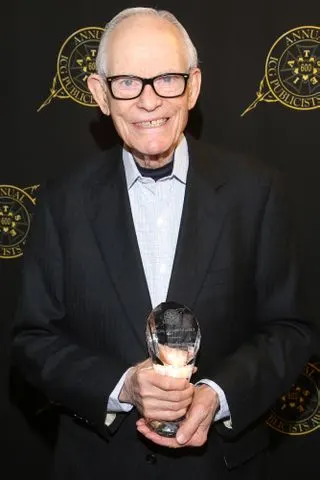
Alan and Marilyn’s partnership blossomed both creatively and personally, culminating in their marriage in 1958. Their early work spanned children’s music, nightclub songs, and adaptations, steadily building a career that would soon reach cinematic heights.
Their breakthrough in film came in 1967 with “In the Heat of the Night,” leading to an Oscar-winning collaboration with Michel Legrand on “The Windmills of Your Mind.”
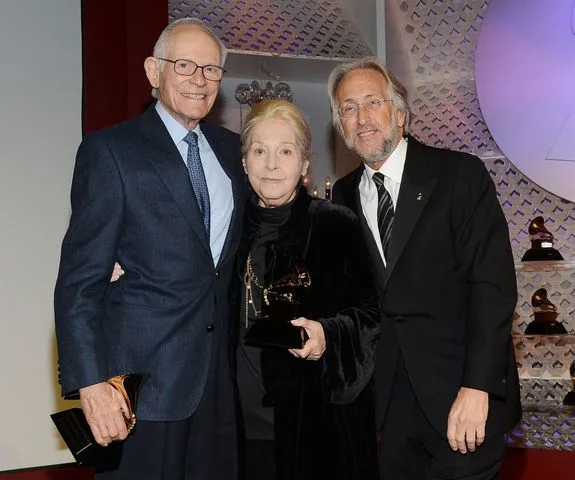
The Bergmans’ most iconic achievement, “The Way We Were,” perfectly captured the bittersweet essence of the 1973 film, winning both an Academy Award and a Grammy. Alan once reflected that despite the often melancholic tone of their lyrics, writing was a joyful process filled with moments of lightness and creative give-and-take—a balance they maintained through decades of collaboration.
Their prolific career included a staggering 15 Oscar nominations for Best Original Song, more than any other songwriting team. They also made their mark on television, winning Emmys and penning memorable theme songs that resonated with audiences for their honesty and authenticity.
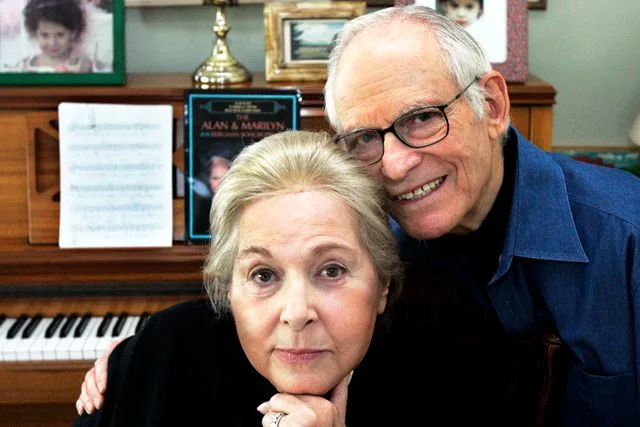
Even after Marilyn’s death in 2022, Alan’s dedication to songwriting remained steadfast. He described the bittersweet shift of working solo, saying, “We always wrote facing each other. Now, I create alone, but the ideas still come.”
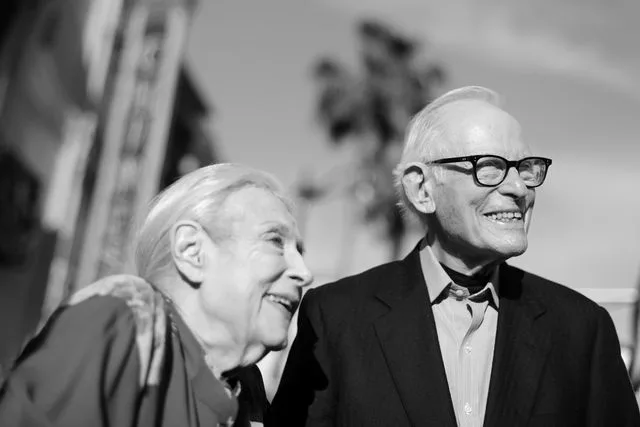
Alan Bergman leaves behind a family legacy through his daughter Julie and granddaughter Emily, as well as a musical legacy that transcends time and genre.
In Closing:
Alan Bergman’s life was a testament to the enduring power of words and music. Alongside Marilyn, he shaped not just melodies but emotional landscapes that continue to move listeners worldwide. From tender ballads to themes that defined eras, their work remains a beacon of artistry and heartfelt expression.
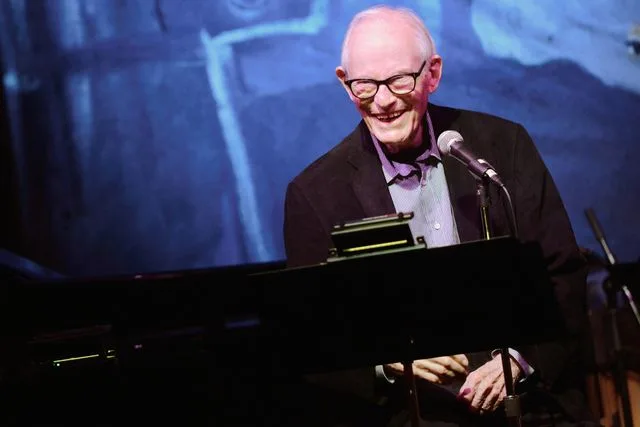
As we remember Alan, we celebrate a lyrical legend whose songs—woven with love, loss, and hope—will forever echo in our hearts. Though he has passed, the beauty of his words ensures his spirit sings on.
